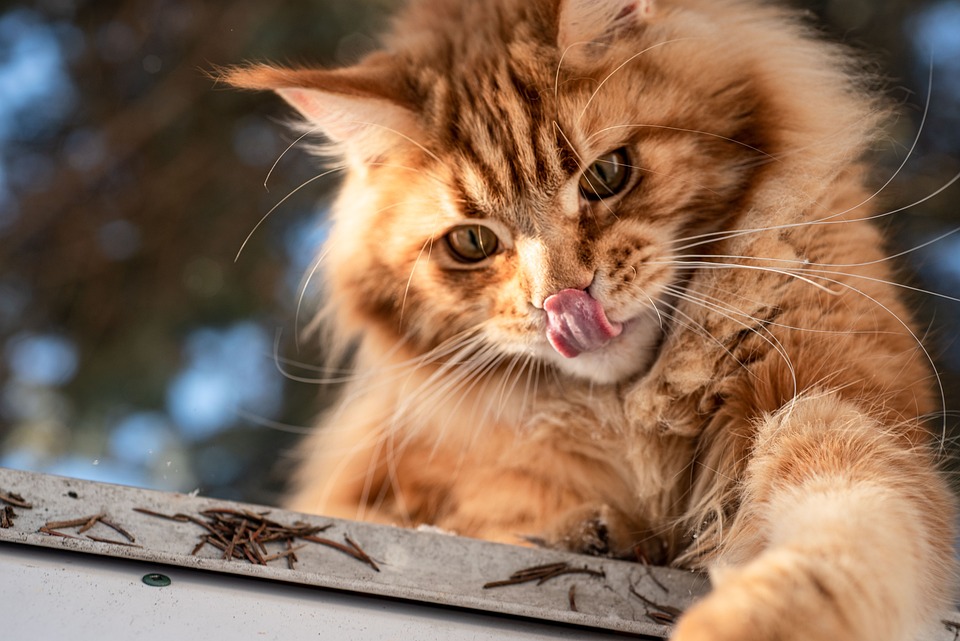Introduction:
When it comes to caring for our cats, dental health is often an aspect that gets overlooked. However, regular dental check-ups for cats are of utmost importance in maintaining optimal oral health. Not only does oral health play a significant role in their overall well-being, but it also helps prevent a wide range of health issues. In this article, we will explore the significance of regular dental check-ups for cats and understand the connection between oral health and overall well-being.
I. The Basics of Cat Dental Care:
To understand the importance of regular dental check-ups, it is essential to familiarize ourselves with a cat’s dental anatomy. Cats have 30 teeth, including incisors, canines, premolars, and molars. These teeth are susceptible to various dental problems, such as periodontal disease, tooth decay, and oral tumors. Preventive care, such as regular dental check-ups, can help identify these issues at an early stage and prevent them from progressing.
II. The Benefits of Regular Dental Check-ups:
Regular dental check-ups for cats offer a multitude of benefits. Firstly, they allow for the early detection of dental issues. Dental problems can be difficult to spot, and cats often hide their discomfort. Through regular check-ups, veterinarians can identify and address dental issues before they become more severe.
Secondly, dental check-ups help prevent dental diseases. Regular cleaning and scaling remove plaque and tartar buildup, reducing the risk of gum disease and tooth decay. Maintaining optimal oral hygiene is crucial for preventing more serious conditions, such as oral infections and abscesses.
Moreover, regular dental check-ups contribute to enhancing overall health and well-being. Poor oral health can lead to systemic health issues, including heart disease, kidney disease, and diabetes. By addressing dental problems early on, we can minimize the risk of these complications and ensure our cats lead a healthy life.
III. The Dental Check-up Process for Cats:
When scheduling a dental check-up for your cat, it is essential to choose a qualified veterinarian or veterinary dentist who specializes in dental care. During the check-up, the veterinarian will perform a physical examination and an oral assessment. This involves checking for signs of dental diseases, such as inflamed gums, loose teeth, or abnormal growths.
If necessary, dental cleaning and professional scaling will be conducted. This process removes plaque and tartar buildup from the teeth and below the gum line. In some cases, dental X-rays may also be recommended to assess the health of the tooth roots and identify any hidden issues.
IV. FAQs about Cat Dental Check-ups:
1. How often should I take my cat for a dental check-up?
It is recommended to schedule a dental check-up for your cat at least once a year. However, cats with pre-existing dental issues may require more frequent visits.
2. What signs indicate that my cat may need a dental check-up?
Signs that your cat may need a dental check-up include bad breath, difficulty eating, drooling, pawing at the mouth, and inflamed or bleeding gums.
3. Can I clean my cat’s teeth at home?
While daily tooth brushing is beneficial, it is not always feasible for all cat owners. Your veterinarian can guide you on alternative methods, such as dental treats or water additives, to help maintain oral hygiene.
4. Are dental check-ups costly?
The cost of dental check-ups can vary depending on the veterinarian and the specific procedures required. However, investing in regular dental check-ups can potentially save you from expensive treatments later on.
5. Are anesthesia-free dental cleanings a viable option for cats?
Anesthesia-free dental cleanings may seem like a convenient option, but they are not as thorough as professional cleanings under anesthesia. Anesthesia ensures the safety and comfort of the cat during the procedure.
6. How can I prevent dental issues in my cat?
Preventing dental issues involves regular dental check-ups, daily tooth brushing, providing dental-friendly food and treats, and avoiding hard objects that can damage the teeth.
7. What happens if dental issues are left untreated?
If dental issues are left untreated, they can progress and lead to severe pain, tooth loss, oral infections, and systemic health problems. Timely intervention is crucial to prevent these complications.
Conclusion:
Regular dental check-ups for cats are vital in maintaining optimal oral health and overall well-being. By understanding the basics of cat dental care, recognizing the benefits of regular check-ups, and following the dental check-up process, we can ensure that our feline friends lead a happy and healthy life. Prioritizing your cat’s oral health is a responsibility that should not be overlooked. So, schedule that dental check-up and give your cat the gift of optimal oral hygiene.








